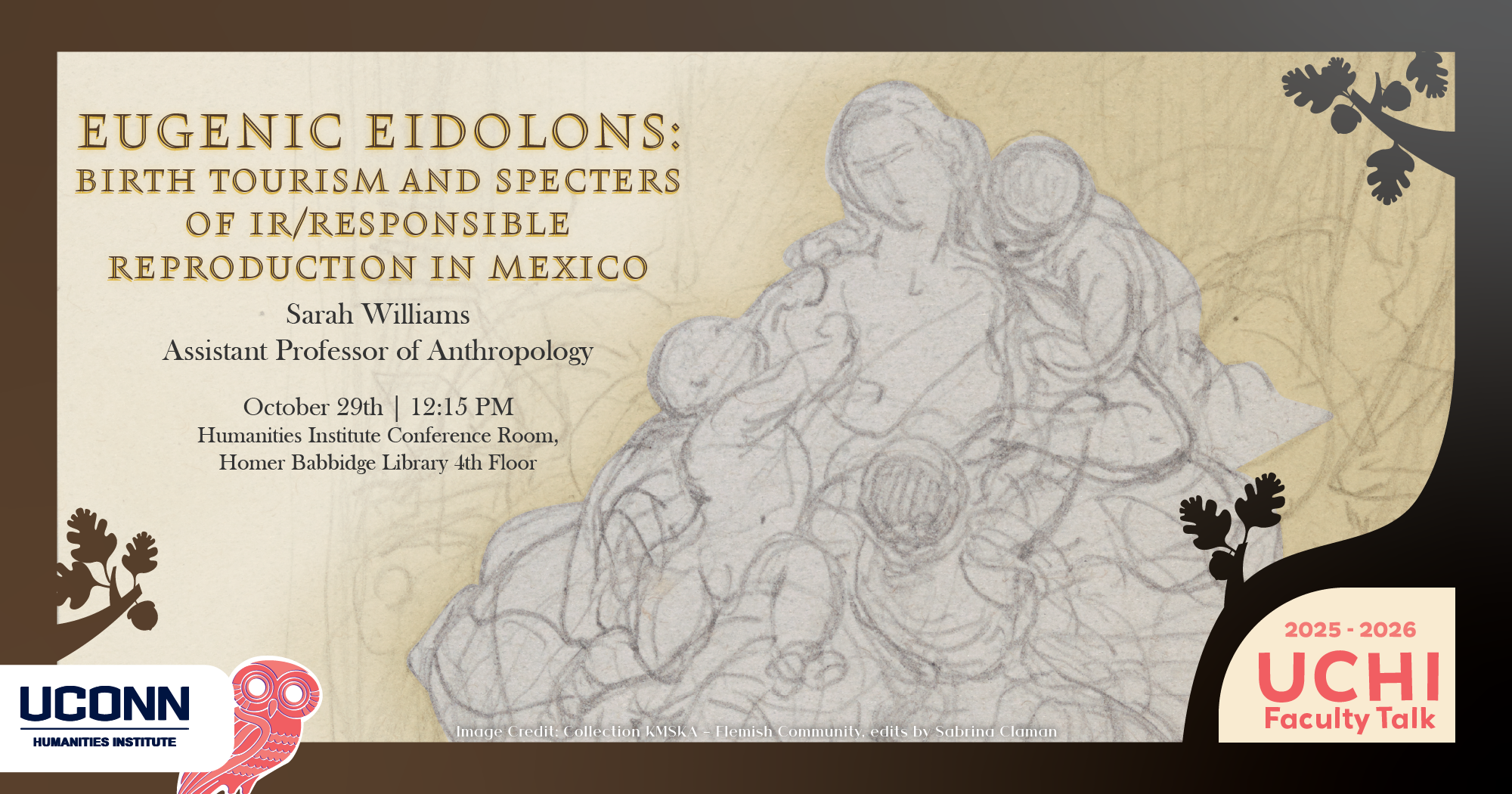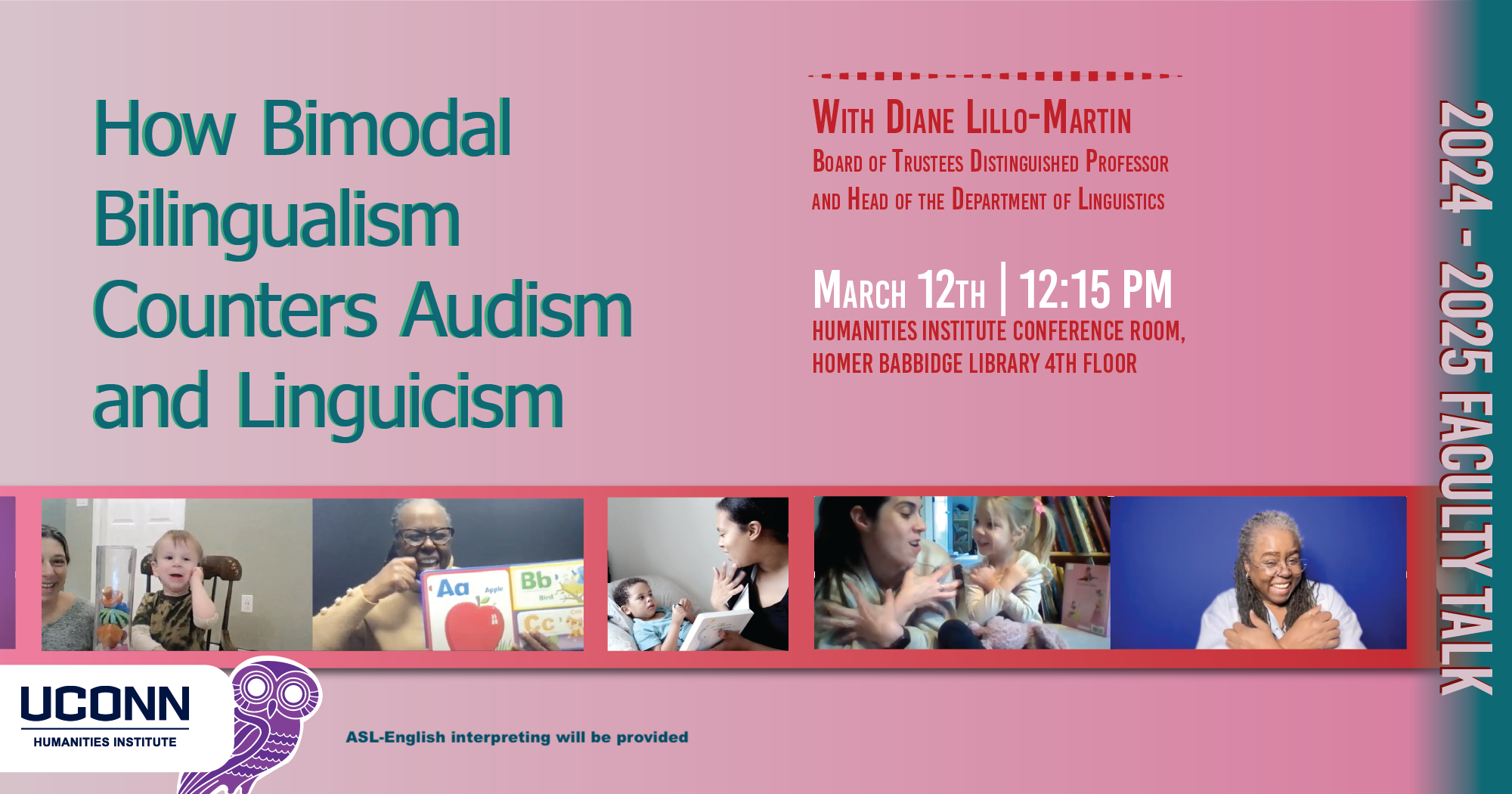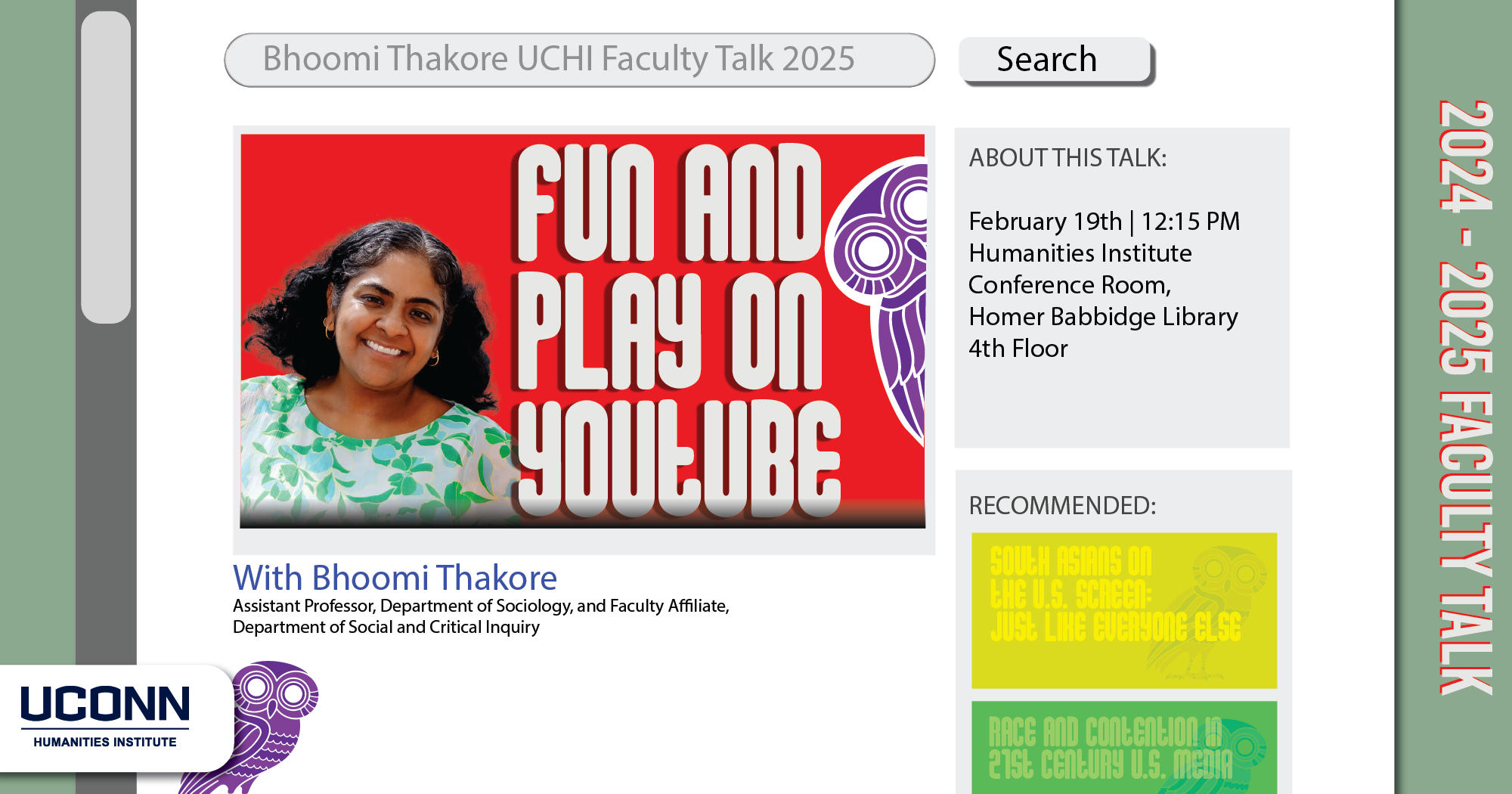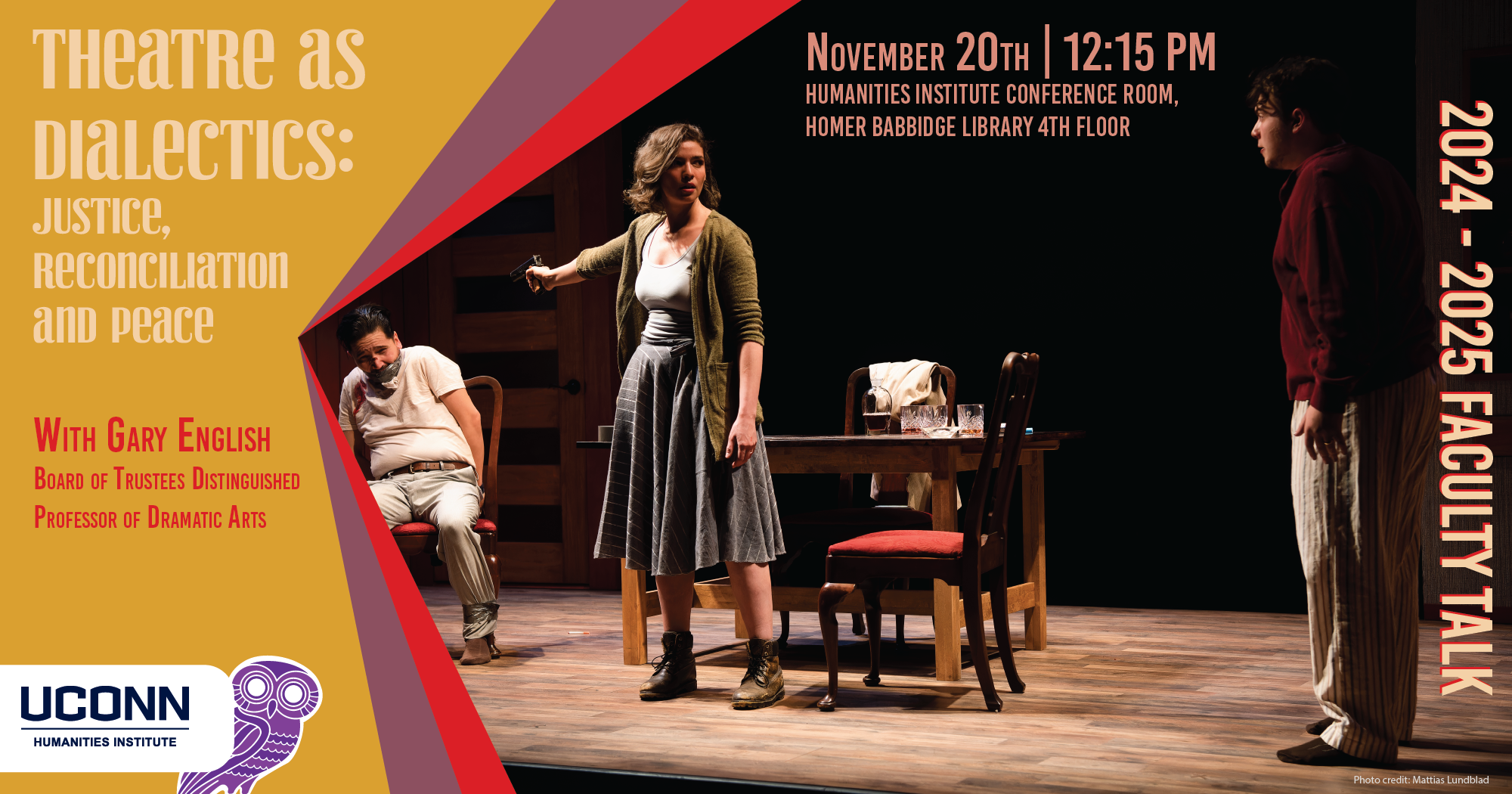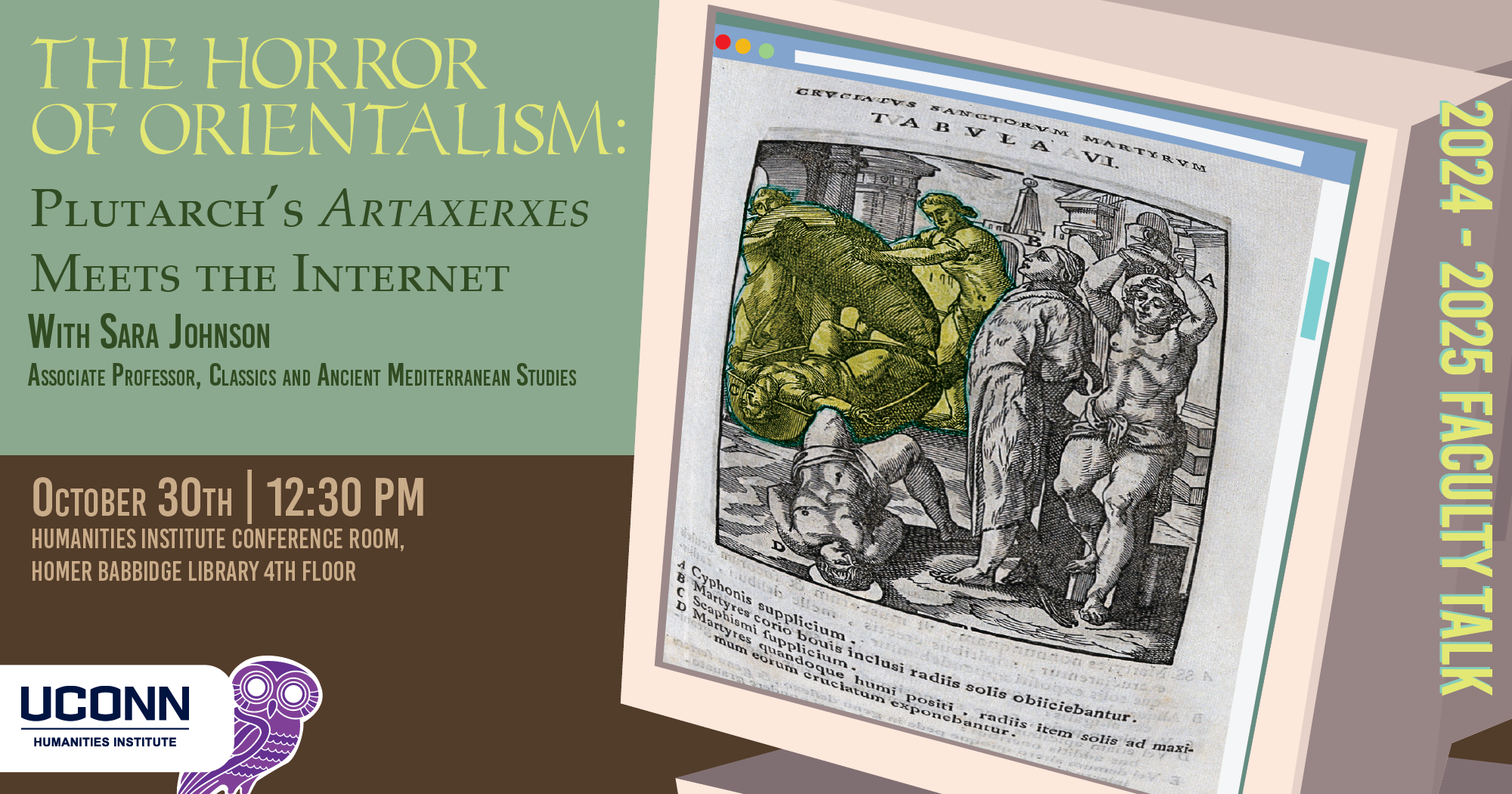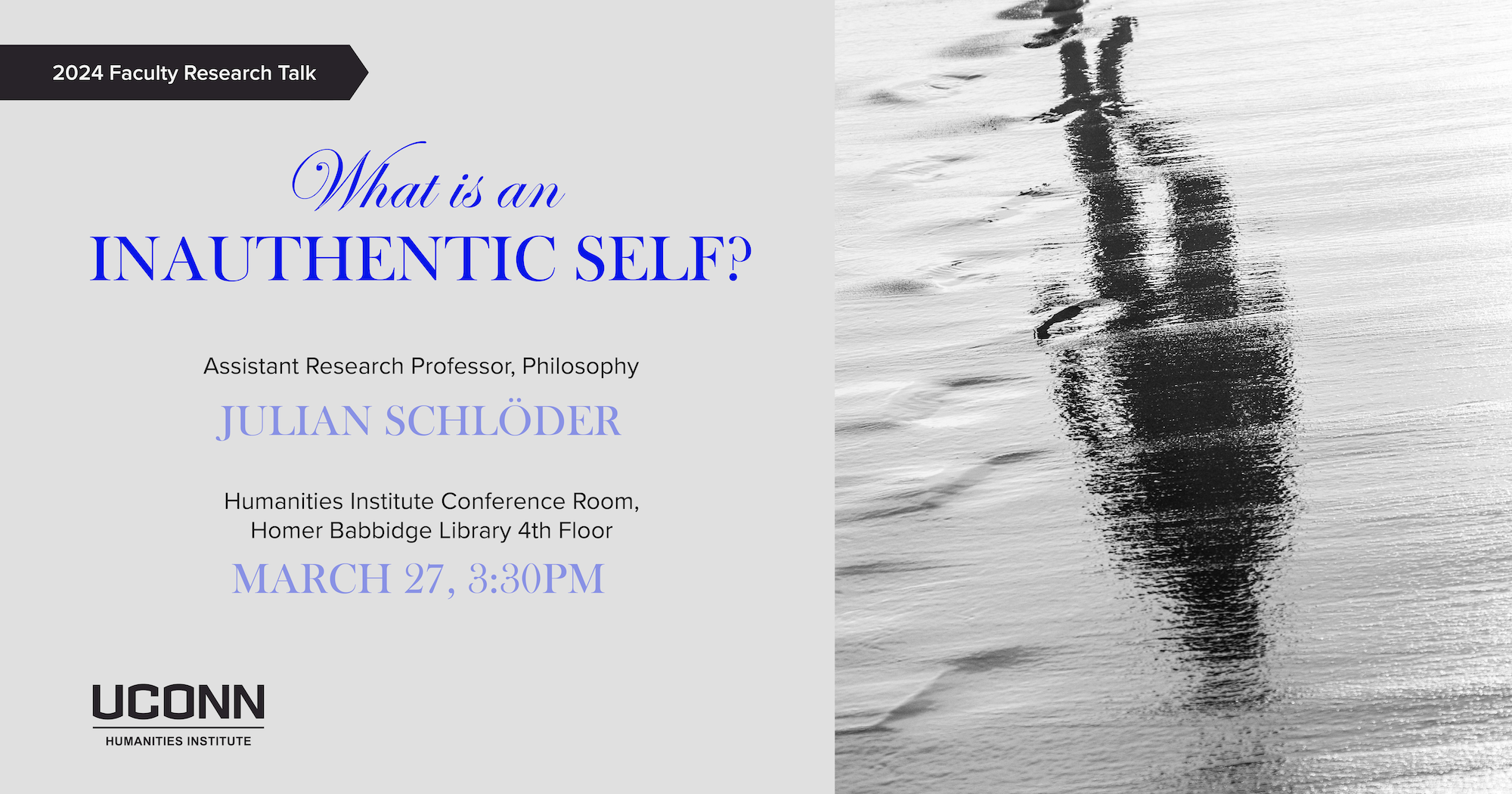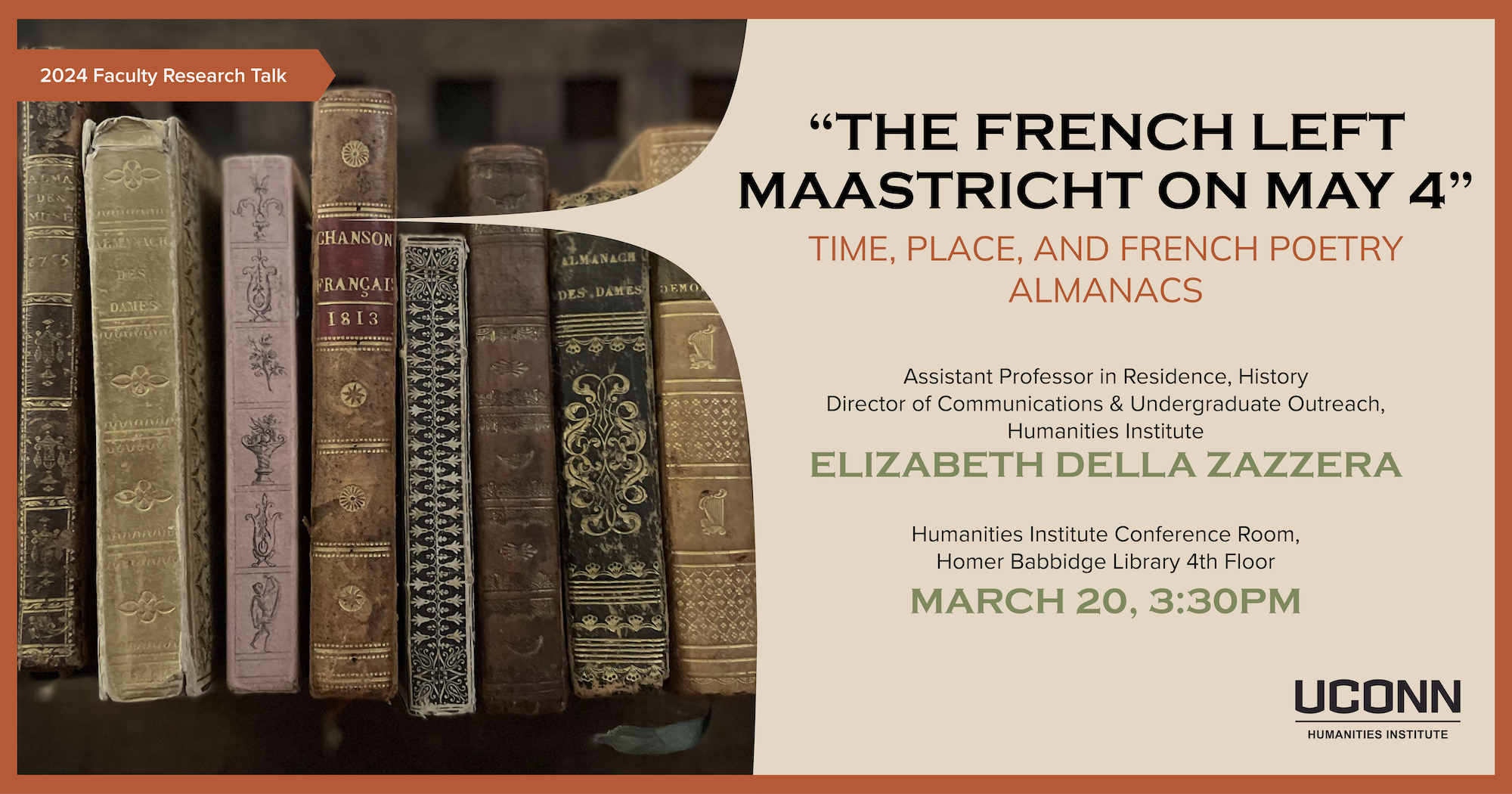Critical Place Theory
Sandy Grande (Professor, Political Science & Social and Critical Inquiry, UConn)
Wednesday, February 18, 2026, 12:15pm, Humanities Institute Conference Room (HBL 4-209)
The event will also be livestreamed with automated captioning.
In this presentation, Sandy Grande will explore the epistemic impasses that often emerge between Indigenous and non-Indigenous theories of governance and (human) life. The paper particularly focuses on how the praxis of being of/on land—to be of place—gives rise to different theories and conceptions of governance and power and, therefore, knowledge and liberation.
Sandy Grande is a Professor of Political Science and Native American and Indigenous Studies at the University of Connecticut. Across her work, she aims to produce more nuanced analyses of the colonial present. Her work has been supported by the Ford Foundation, the Mellon Foundation, and more recently by the UConn Humanities Institute and the Institute for Collaboration on Health, Intervention, and Policy, for her new project on Indigenous Elders and aging. She has also published numerous book chapters and articles and her book, Red Pedagogy: Native American Social and Political Thought was published in a 10th anniversary edition, and a Portuguese translation is anticipated to be published in Brazil in 2025. In addition to publishing numerous articles and book chapters, she is a founding member of New York Stands for Standing Rock. As one of their projects, they published the Standing Rock Syllabus. In addition to her academic and organizing work, she is most proud of providing eldercare for her parents up until and through their passage elsewhere.
Access note
If you require accommodations to attend this event, please contact us at uchi@uconn.edu or by phone (860) 486-9057. We can request ASL interpretation, computer-assisted real time transcription, and other accommodations offered by the Center for Students with Disabilities. Requests should be made at least five business days in advance whenever possible


